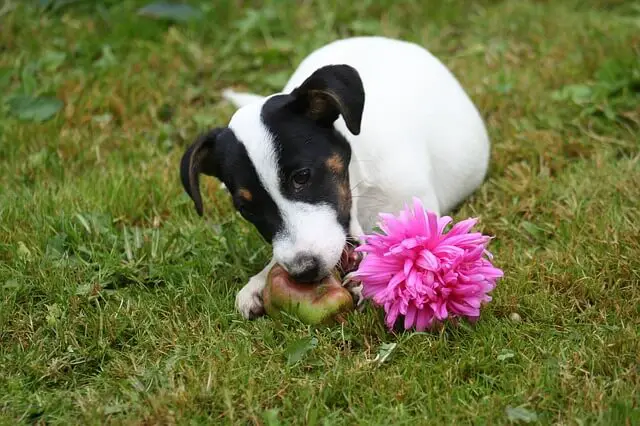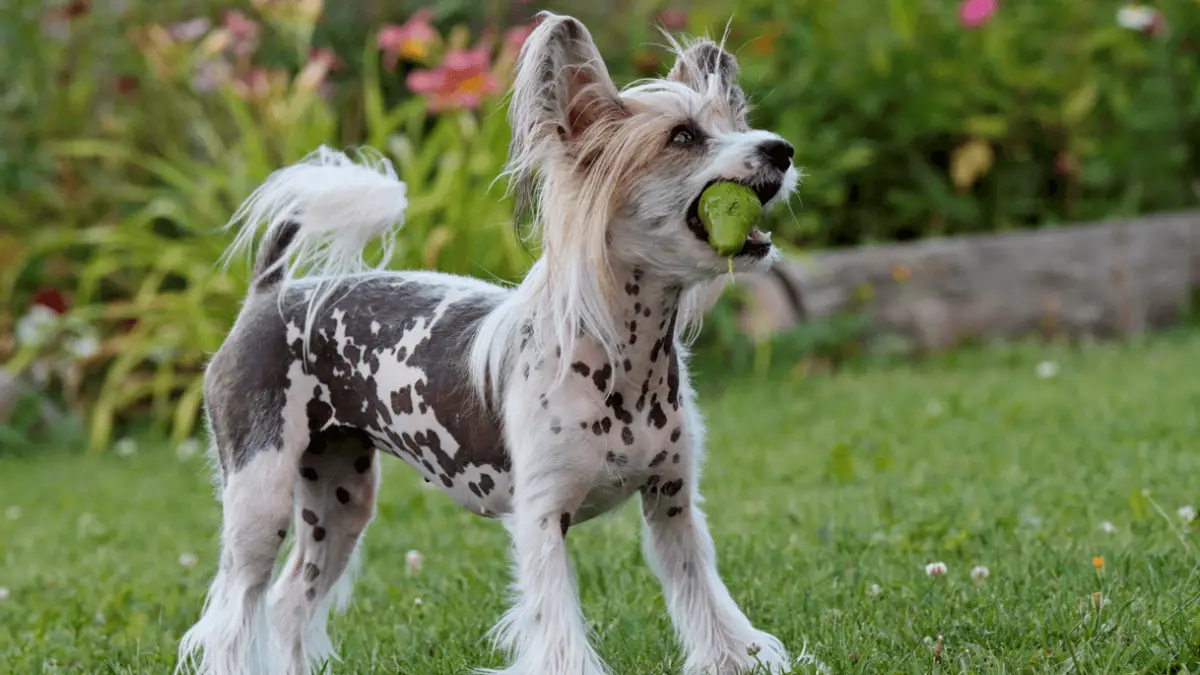Are Pears Good Food For Dogs?
02.03.2021.
If you are a dog owner, you probably noticed some puppy eyes staring at you while you are eating. It doesn’t matter what the food is; the puppy eyes just want to share some of it. Pears are delicious, and we, as humans, seem to love them. The question most dog owners have regarding dogs and pears is, “Can dogs eat pears?” Here is what you need to know about giving this delicious fruit to your pup.
Can dogs have pears?
The shortest possible answer to that question is - yes. Pears are safe for dogs to eat, and they can safely have some. However, not all parts are safe for them, and there are a couple of rules you should follow before you decide to share some pears with your dog.
Are pears good for dogs?
Pears are packed with healthy nutrients that can do wonders for our bodies. They are delicious and are one of the world’s most favorite summer treats. If given in moderation, pears can have a beneficial effect on the dog’s body. This healthy fruit is naturally packed with healthy nutrients, and the best ones are;
- Vitamin A - Vitamin A is essential for the dog’s immune system, vision, skin, and coat health.
- Vitamin C - Vitamin C is an essential building vitamin used to create new body tissues and repair the damaged ones. It is excellent for the immune system and joint health.
- Vitamin K - Vitamin K plays a vital role in keeping the dog’s bones healthy. It also plays a crucial role in blood clotting and healing wounds.
- Carbs - Too many carbs might be bad, but they make a great energy source in moderate amounts.
- Potassium - Potassium helps regulate nerve functions, fluid balance, and muscle contractions.
- Calcium - Calcium is one of the most essential minerals. It helps the bones and teeth remain strong and healthy.
- Fiber - Fiber is a vital part of any balanced diet. It helps digestion and adds bulk to the stool. It is terrific for dogs with diarrhea.

There is another popular summer fruit dogs usually love. Check out this article for more info - Can dogs eat watermelon?
What to keep an eye on if giving your dog pears
Like with any other treat you want to give your dog - moderation is the key. Pears can cause an upset stomach, and you should keep a close eye on the amount of pear your dog eats. There are some things you should consider and know about giving your dog pears. Here are some general advice you should follow;
- Only the ripe pear is safe. Pears that are not fully ripen can cause stomach upset and digestion problems.
- While dogs can have pears, they should not have whole pears. It would be best to avoid giving your dog whole pears because they can become a choking hazard. Plus, pear seeds contain traces of cyanide, which is poisonous in large quantities.
- Old, rotten, or molded pear will cause stomach problems. Think of it this way - if you wouldn’t eat the pear, you shouldn’t give it to your dog either. Plus, fruit can ferment. During the fermentation process, the sugar inside the pear is turned into alcohol, and alcohol is toxic to dogs.
- You shouldn’t give your dog pears too often. Pears are packed with natural sugars. In small quantities, they are safe, but they can cause different problems for your dog’s health in large amounts.
- Canned pears are popular, but they should never be given to dogs. Canned pears are packed with sugar, and dogs cannot digest so much sugar safely. The same goes for candid pears.
Not all fruits are safe for dogs to eat. Check out this article - Can dogs eat cherries?
How much pear can dogs eat?
As a general rule, treats should not exceed 10% of the dog’s daily calorie intake. Pears are delicious and packed with healthy nutrients, but only if given in moderation. They are packed with natural sugars, and in large amounts, it can be dangerous for the dog.
How to safely give pears to dogs?
The safest way to give your dog pears is this - rarely and sliced. Slicing the pear will ensure your dog doesn’t choke or have any sort of blockage. You shouldn’t feed them pear too often because it can badly affect the dog’s teeth and stomach. Here are some pear serving rules dog owners should obey;
- Choose a ripe pear
- Wash it thoroughly
- Remove the stem and leaves
- Cut the pear into four equal parts and remove the seeds and all traces of the center
- Cut the pieces into small, bite-sized chunks
- Serve 2 slices maximum (small dog breeds should only get one piece)
- You can freeze the rest of the pear and use it occasionally as a delicious treat your dog will love.
If you love pineapple, you might think of sharing it with your dog. Here is what you need to know about dogs eating this delicious fruit - Can dogs eat pineapple?
World Dog Finder team







Share